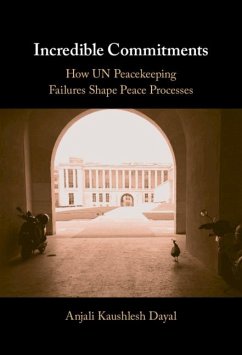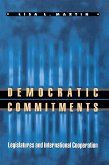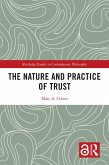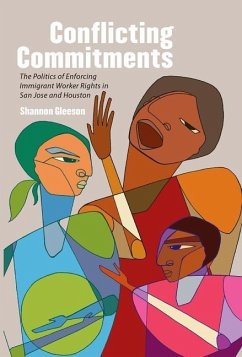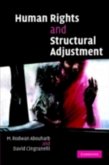Why do warring parties turn to United Nations peacekeeping and peacemaking even when they think it will fail? Dayal asks why UN peacekeeping survived its early catastrophes in Somalia, Rwanda, and the Balkans, and how this survival should make us reconsider how peacekeeping works. She makes two key arguments: first, she argues the UN's central role in peacemaking and peacekeeping worldwide means UN interventions have structural consequences - what the UN does in one conflict can shift the strategies, outcomes, and options available to negotiating parties in other conflicts. Second, drawing on interviews, archival research, and process-traced peace negotiations in Rwanda and Guatemala, Dayal argues warring parties turn to the UN even when they have little faith in peacekeepers' ability to uphold peace agreements - and even little actual interest in peace - because its involvement in negotiation processes provides vital, unique tactical, symbolic, and post-conflict reconstruction benefits only the UN can offer.
Dieser Download kann aus rechtlichen Gründen nur mit Rechnungsadresse in A, B, BG, CY, CZ, D, DK, EW, E, FIN, F, GR, HR, H, IRL, I, LT, L, LR, M, NL, PL, P, R, S, SLO, SK ausgeliefert werden.

